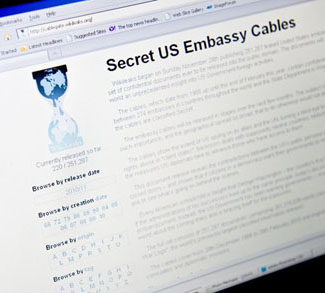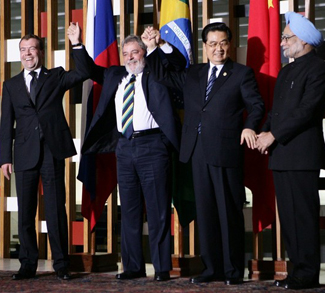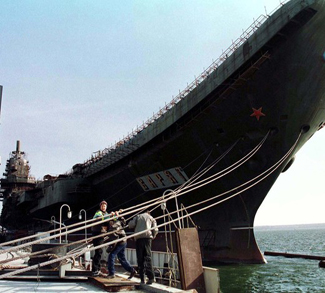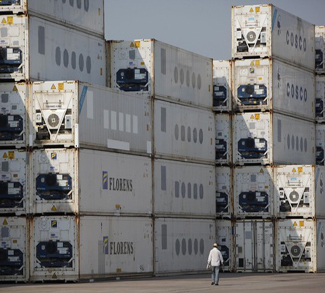FORECAST
The latest massive disclosure of classified US State Department documents by Wikileaks will surely damage US diplomacy for years to come.
Modern diplomacy has been around for a long time, a fact which has allowed for the development of certain rules and conventions that, for the most part, tend to work pretty well. Broadly speaking, the international system’s network of embassies represents a permanent and uninterrupted process of lobbying and negotiation. Importantly, this process usually takes place under a veil of secrecy, for like any other process of negotiation, diplomats are trying to extract the maximum without giving up too much on their end.
This comprehensive leak of classified State Department documents undermines the ebb and flow of diplomatic negotiations by laying to bare not only the content of America’s negotiating position, but also certain internal assessments of foreign leaders. In some cases, the damage done by the leak will be impossible to fully repair until a leadership change in one or both countries. It seems unlikely that Italian Prime Minister Silvio Berlusconi will forgive being publically labeled a ‘feckless, vain, and ineffective leader’ who is beholden to Russia. Similarly, it doesn’t do German Chancellor Angela Merkel’s party any good for her to be branded as someone who ‘avoids risk and is rarely creative.’
The rest of this forecaster will directly address some of the main revelations from the first wave of leaked documents:
Saudi Arabia pushes for US attack on Iranian nuclear installations
This should come as no surprise to anyone. Both Iran and Saudi Arabia are competing for regional hegemony in the Middle East, and it’s no stretch of the imagination to assume that the Saudi authorities would be doing everything in their power to convince their American allies to cripple a strategic competitor. It should also come as no surprise that Saudi Arabia would pursue its own nuclear deterrent should the Iranians develop nuclear weapons.
Spying at the United Nations
This is perhaps the most damaging aspect of the leak, for it casts American diplomats the world over as low-level spies and it’s a practice that the Obama administration has deemed fit to perpetuate. This revelation undermines the very nature of American diplomacy, and as such it could reverberate in the form of foreign distrust towards American diplomats for decades to come.
US missile strikes in Yemen
Again, this should come as no surprise, especially given the fact that the Yemeni military largely lacks the technological prowess to carry out such strikes. However, this disclosure will hamper the ability of the US military to launch extra-territorial strikes on Yemeni territory in the future.
The security of Pakistan’s nuclear facilities
American and British concern over the security of Pakistan’s nuclear sites seems justified given the incredible pressures that are bearing down on civilian institutions in that country. Such fears are generally kept secret because of the ostensibly close US-Pakistan relationship that is necessitated by the ongoing war in Afghanistan.




